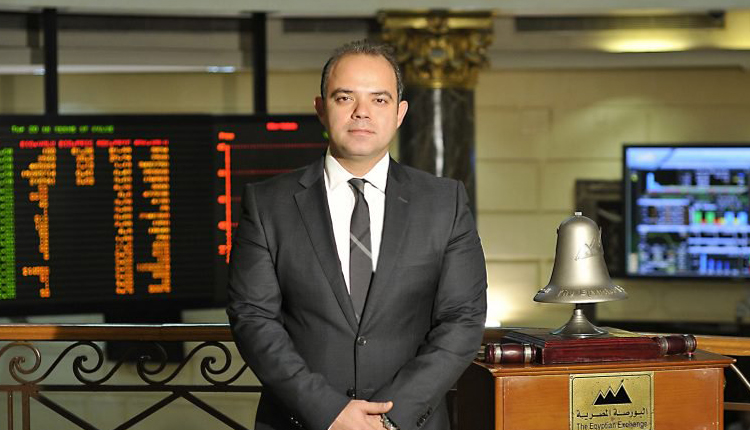Chairman of the Egyptian Exchange (EGX) Mohamed Farid recently tackled how the bourse has been working to attract small and medium-sized enterprises (SMEs) and startups and how it supports them.
Speaking to Mubasher in an exclusive interview at the RiseUp Summit in December, Farid noted several major differences between listing large firms versus SMEs and startups on the EGX.
One of these differences is the fact that SMEs do not have to reach a specific level of growth in terms of capital in order to list, as opposed to their larger counterparts. A firm can list its shares on the SME bourse, also known as Nilex, and continue to grow from there, he said.
In the main market, listed firms should have at least 100 million Egyptian pounds ($5.57 million) in paid-up capital, whereas for SMEs and startups, the minimum capital requirement is one million pounds ($55,730), Farid told Mubasher, noting that many people were not aware of this fact.
Disclosures, however, are the same for smaller firms listed or considering an EGX listing as investors should be aware of what is going on in the company they are investing in, he added.
The EGX also providers consultation services to companies looking to list on the bourse, the top official noted, indicating that this was among the types of support provided to such companies.
We can help these firms get in touch with investment banks to manage their issuances, he added, stressing that this process was part of the EGX’s strategy to attract startups and SMEs to it.
In addition to encouraging companies, the EGX also focuses on protecting investors, who require information about companies they would like to invest in, Farid said, stressing the importance of protecting investors and their interests.
Listing on the EGX would help such small-sized firms expand in their capital, he added, indicating that capital hikes would allow firms to launch new production lines or expand their business.
Mohamed Farid was appointed head of the EGX in August 2017.
